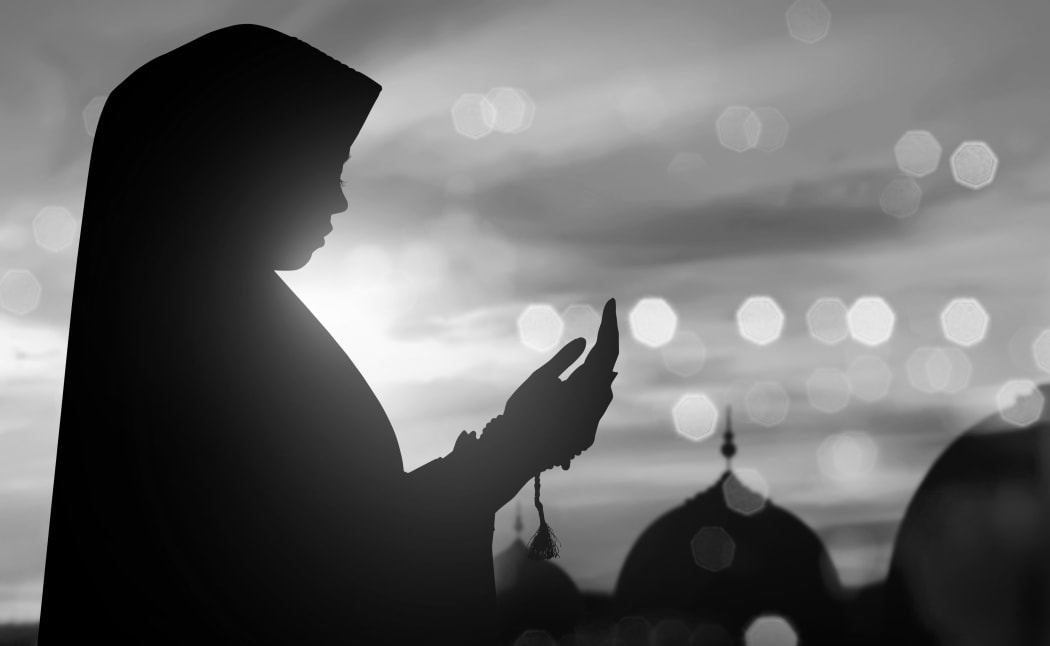Muslim women left widowed after the Christchurch attacks are now facing a waiting period called the iddah, as required by their religion. Isra'a Emhail spoke to Ustadah Um Muhammad, an Islamic teacher from Dar al Quran, about what this means.

Photo: 123RF
The iddah is a waiting period that a Muslim woman observes after the death of her husband or after a divorce. The Quran says:
For those men who die amongst you and leave behind wives, they (the wives) must confine themselves (spend iddah) for four months and ten days. (V 234 - Chapter 2: Al Baqarah)*
For women who were widowed during the recent massacre in Christchurch, this injunction applies and it will, therefore, be required for them to observe the 'iddah' (waiting period) for 130 days. The exception is if the widowed woman is pregnant, then her waiting period (iddah) ends when she gives birth to the child.
The iddah must be observed in the house where she was living with her husband. She is required to stay at home in mourning and not leave the house except for necessities. What constitutes a necessity varies depending on individual circumstances. (For example, a woman can leave the house for work, medical attention, attending to her own needs or those of her dependants, shopping, paying bills or similar activities). Once those tasks are completed, she should not linger and should return home.
The widow is required to avoid doing anything that focuses on her appearance during this period. She is prohibited from marrying or making any arrangements for marriage. Men are not allowed to propose to her during this period.
What is the purpose of iddah in Islam?
'Iddah' is specifically legislated in the Quran, whose text does not explicitly outline a reason for this rule. Jurists have offered various rationales for it, which may or may not encompass the divine prescription.
The waiting period allows for establishing if the widow is pregnant or not.
It offers her an opportunity to keep her residence and mourn her deceased husband without fear of eviction. She is given this time to grieve properly without feeling pressure to worry about other issues. In traditional Muslim societies, families and communities would visit her frequently and help with the care of her dependants and have this transition time to discuss and arrange for the next stage in her life.
The waiting period allows a fair time for a woman to grieve, mourn, reflect until she regains her balance and strength. Not mixing with strangers means that she is surrounded by supportive male members of her family and close females who will be protective and nurturing.
The prohibition to marry ensures that women do not rush into a relationship at a time when they may feel insecure, even panicky about being alone and unsupported. It affords them time to care for themselves and nurture their own spirituality and relationship with Allah through prayers and reflection.
*This text about what the iddah is has been created in co-ordination with Ustadah Um Muhammad, an Islamic teacher.
*This paragraph was updated on 5 January, 2021 to correct the verse number cited.

